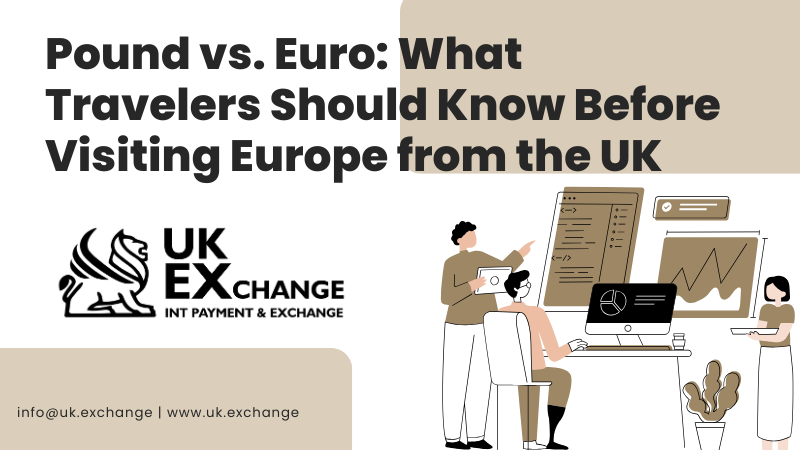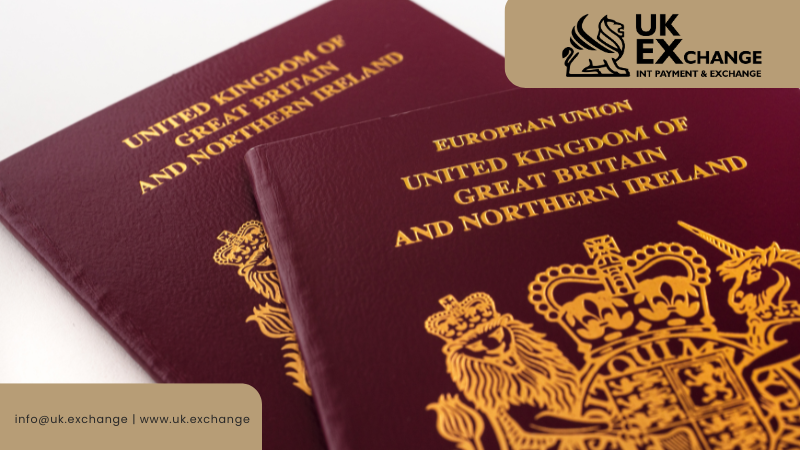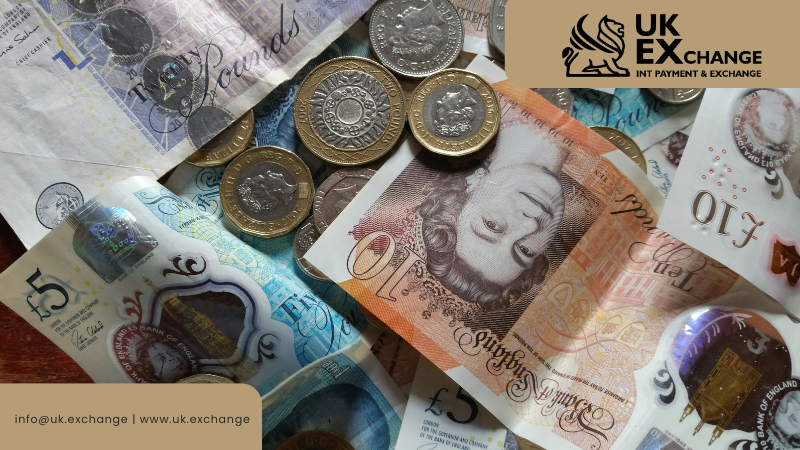
Traveling to Europe from the UK is a thrilling experience—one filled with breathtaking landscapes, rich history, and vibrant cultures. However, navigating currency differences can be a challenge. With the British Pound (GBP) and the Euro (EUR) in play, it’s important to understand how they work, how exchange rates affect your travel budget, and how to make smart money decisions. This guide breaks it all down for you.
Understanding the Pound and the Euro
- The British Pound (GBP) – The UK’s official currency. Strong, stable, and subdivided into 100 pence.
- The Euro (EUR) – Used by 19 EU countries including France, Germany, Italy, and Spain. Subdivided into 100 cents.
While both are accepted in different regions, knowing the exchange rate between the two can help you get the most value for your money abroad.
How Exchange Rates Work
The GBP/EUR exchange rate fluctuates daily based on economic indicators like inflation, interest rates, and political news. For example, if 1 GBP = 1.15 EUR, you’ll get €1.15 for every £1 exchanged. These rates can vary depending on where and how you exchange money, and some providers charge fees or offer less favorable rates.
Exchange Rate Tip:
Use apps like XE or OANDA to track live rates. Avoid airport kiosks and compare rates before making any exchanges.

Why Exchange Rates Matter for UK Travelers
1. Budget Planning
Favorable rates mean more Euros for your Pounds, stretching your travel budget further. Unfavorable rates? Time to tighten the belt a bit.
2. Purchasing Power
A strong Pound gives you more for your money. Weak Pound? Everything from food to lodging may cost more in Euros.
3. Volatility Awareness
Exchange rates can shift rapidly. If you’re planning a trip, it’s wise to monitor them regularly and exchange money strategically.
How to Get the Best Exchange Rate
1. Watch and Time the Market
Monitor trends weeks or months before your trip. Exchange when the Pound is strong to get more Euros.
2. Use Services with Low Fees
Avoid airport currency exchanges. Instead:
- Check online platforms like Wise or Revolut
- Withdraw cash from a European ATM with low-fee cards
- Use your bank if it offers competitive international rates
3. Prepaid Travel Cards
Load money in GBP and convert to EUR at locked-in rates using providers like Monzo, Wise, or Revolut.
4. Use Credit Cards Smartly
Many credit cards offer competitive rates and no foreign transaction fees. Confirm with your bank before your trip.
5. Avoid Airport Currency Exchange
They typically have poor rates and extra fees. If necessary, exchange a small amount and use ATMs or cards for the rest.

Tips for Managing Your Money Abroad
- Carry a mix of cash and cards – Cash is useful in rural areas or small shops, while cards work better in cities.
- Set a daily budget – Track spending to avoid surprises.
- Use expense tracking apps – Apps like Trail Wallet or Splitwise help stay organized.
- Keep your bank informed – Let them know you’re traveling to avoid card blocks.
Conclusion
Understanding the exchange rate between the Pound and Euro can make a big difference in your travel experience. From better budgeting to avoiding unnecessary fees, a little planning goes a long way. Whether you’re wine tasting in France or relaxing on a beach in Spain, your money will go further when you make informed financial choices.
Bon voyage—and spend wisely!
Disclaimer
The information provided in this blog is for general informational purposes only and should not be construed as professional financial, legal, or investment advice. While we strive to ensure the accuracy and reliability of the information presented, UK Exchange make no guarantees regarding the completeness, accuracy, or suitability of the content. Readers are encouraged to consult with qualified professionals for advice tailored to their individual circumstances.

